Let’s be honest—your relationship with money at 40 probably looks very different from it did at 20 or even 30. Whether you’re rebuilding, starting fresh, or just ready for a healthier money mindset, now is the perfect time to check in and see how you’re feeling about your finances.
Because just like our relationships with food, self-care, or people, our relationship with money can be complicated.
What Does “Relationship With Money” Even Mean?
It’s not just about how much you have in the bank. Your relationship with money includes your thoughts, beliefs, habits, emotions, and even the stories you’ve told yourself (or were told by others) about wealth, spending, and success.
Before you can start shifting anything, it helps to get honest about where you stand right now.
Signs Your Money Relationship Might Need a Tune-Up
If you’re not sure whether things need a change, here are a few red flags to look out for:
- You feel guilty any time you spend money, even on things you need
- You judge others for having too much or too little
- You believe a specific dollar amount equals happiness
- You resent people who “have it easy” financially
- You feel like money controls you instead of the other way around
- You often feel shame or anxiety about your finances
If any of these sound familiar, you’re not alone. And the good news? You can work on this, starting today.
Let’s Go Back—Where Did Your Money Beliefs Come From?
Pause for a second and think back to what you learned about money growing up. What were the money messages in your household? Were you taught that money is hard to come by? That rich people are greedy? That saving is more responsible than spending?
Grab a notebook or your journal and write freely about how you feel about money. Try to answer a few questions as you reflect:
- Who or what shaped these beliefs?
- Were your parents always stressed about money?
- Did you absorb ideas from TV, social media, or school?
- Are your feelings based on real experiences or fear?
Understanding your money story helps you rewrite it, and you get to choose what the next chapter looks like.
Be Open to Doing Things Differently
Let’s face it: what got you here might not get you where you want to go. If you want to improve your relationship with money, be open to shifting your approach—whether that means changing how you budget, saving more intentionally, looking for new income streams, or even finally raising your prices or asking for that raise.
This could also mean making bold moves like going back to school, starting that business you’ve been dreaming about, or learning about investing (yes, it’s not too late!).
Set Small, Doable Money Goals
You don’t have to overhaul your entire financial life overnight. Try setting one small, doable goal—like saving $20 a week, tracking your expenses for a month, or finally opening that high-yield savings account.
These tiny wins build confidence and remind you: You’re in control.
Focus on What Money Can Do FOR You
It’s easy to focus on what’s missing—but what if you flipped that? Start thinking about the benefits of money. What can it do for your peace of mind, your family, your freedom?
Even if you’re not where you want to be yet, visualize what it would look like to have financial ease. What would you do differently? How would your life feel with less stress and more options?
Try this:
Write down 5 amazing ways more money would improve your life—without guilt, shame, or judgment. Dream big.
Try These Journal Prompts to Shift Your Money Mindset
Ready to dig a little deeper? Here are a few journal prompts to help you explore and strengthen your relationship with money:
- What do I spend money on the most, and how does it make me feel?
- How has not having enough money affected my confidence, choices, or peace of mind?
- If I had more money, what would I really do with it?
- What are my honest beliefs about wealthy people?
- Do I believe making money has to be hard? Why or why not?
- What emotions come up when I think about saving or investing?
You’ve already been through enough to know that you’re strong, capable, and worthy of financial peace. Your 40s (and beyond) are a beautiful time to rewrite the script—and build a money relationship that feels empowering, not draining.
You’re not starting over—you’re starting wiser.

